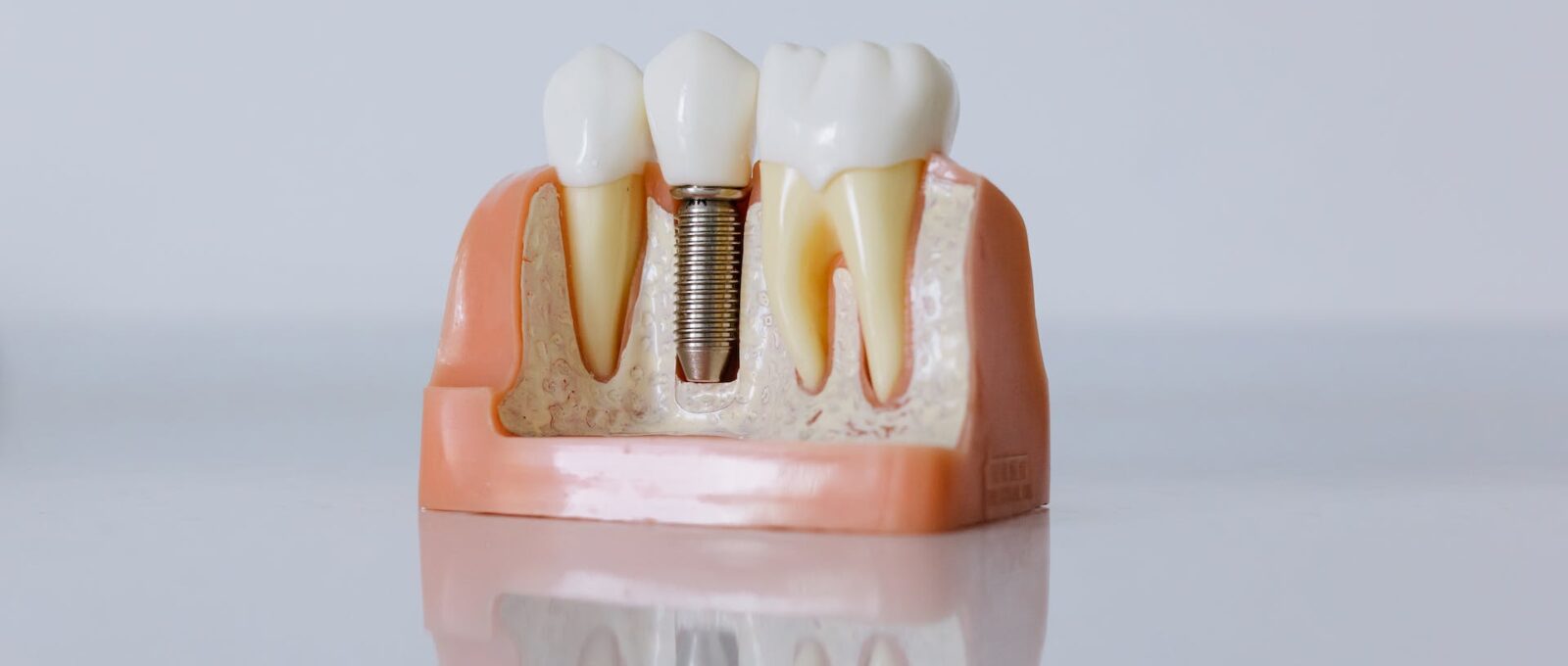A Foundation for the Future: Exploring Dental Implant Options
Losing a tooth can be a distressing experience, affecting not only our appearance but also our ability to chew and speak properly. However, thanks to modern dental technology, there is a lifelike solution available: dental implants. These innovative replacements for missing teeth provide a strong foundation for the future, restoring not only the aesthetics but also the functionality of your smile. In this article, we will delve into the world of dental implants, exploring the different types available and the factors to consider when choosing the right option for you.
Understanding Dental Implants: A Lifelike Solution for Missing Teeth
Dental implants are prosthetic teeth that are surgically placed into the jawbone. They consist of three main components: the implant, the abutment, and the crown. The implant is a small titanium post that is inserted into the jawbone, acting as a replacement for the tooth root. Over time, the jawbone fuses with the implant, providing a stable and durable foundation. The abutment is then attached to the implant, serving as a connector between the implant and the crown. Finally, the crown, which is custom-made to match the color and shape of your natural teeth, is placed on top of the abutment, completing the restoration.
Dental implants offer several advantages over traditional tooth replacement options, such as dentures or bridges. Firstly, they provide a lifelike solution that closely resembles natural teeth in both appearance and functionality. Unlike dentures, which can slip or feel uncomfortable, dental implants are securely anchored in the jawbone, allowing you to eat, speak, and smile with confidence. Additionally, dental implants help to preserve the integrity of the jawbone. When a tooth is lost, the jawbone can begin to deteriorate over time. However, dental implants stimulate the bone, preventing bone loss and maintaining the overall structure of the face.
Exploring Different Types of Dental Implants for Optimal Oral Health
There are various types of dental implants available, each designed to meet specific needs and preferences. Endosteal implants are the most common type and are placed directly into the jawbone. They are ideal for patients with sufficient bone density and offer excellent stability. Subperiosteal implants, on the other hand, are placed on top of the jawbone but beneath the gum tissue. They are suitable for patients who have experienced bone loss and are unable to undergo bone grafting procedures.
In addition to the different placement options, dental implants can also be categorized based on the number of teeth they replace. Single tooth implants are used when only one tooth is missing, while implant-supported bridges are used when multiple adjacent teeth need to be replaced. For patients missing all of their teeth, implant-supported dentures provide a secure and comfortable alternative to traditional removable dentures. By exploring the different types of dental implants, you can find the optimal solution that aligns with your oral health needs and goals.
Factors to Consider When Choosing the Right Dental Implant Option
When selecting the right dental implant option, it is essential to consider several factors. Firstly, the quality and quantity of the jawbone will play a significant role in determining the type of implant that can be used. Patients with sufficient bone density are typically suitable candidates for endosteal implants, while those with bone loss may require subperiosteal implants or bone grafting procedures. Additionally, the overall oral health and condition of the surrounding teeth should be evaluated to ensure the success of the implant procedure.
The cost of dental implants is another crucial factor to consider. While dental implants may initially seem more expensive than other tooth replacement options, they offer long-term value and durability. It is important to discuss the cost and financing options with your dentist to determine the best approach for your specific situation. Finally, the experience and expertise of the dental professional performing the implant procedure should be taken into account. Choosing a qualified and reputable dentist or oral surgeon will greatly increase the chances of a successful outcome.
Dental implants provide a lifelike and long-lasting solution for missing teeth, restoring not only your smile but also your confidence and oral health. By understanding the different types of dental implants available and considering various factors such as bone density, oral health, cost, and the expertise of the dental professional, you can make an informed decision and choose the right implant option for your needs. Consult with your dentist to explore the possibilities and embark on a journey towards a brighter, healthier future with dental implants.







